Tangail, Nov 16 (V7N) – In commemoration of the 48th death anniversary of Mawlana Abdul Hamid Khan Bhashani, Mawlana Bhashani Science and Technology University (MBSTU) organized a discussion titled "Democracy, Sovereignty, and Mawlana Bhashani" at the seminar hall of the university's third academic building.
The event was chaired by Vice-Chancellor Md. Anwarul Azim Akhand, with Professor Salimullah Khan from the Liberal Arts department delivering the keynote speech as the chief guest. The seminar featured the presentation of a main article by Syed Irfan-ul Bari, the teacher of the Mawlana Bhashani Studies course.
The program began with a welcome address by Professor Sajjad Wahid, Convener of the seminar subcommittee from the ICT department. A panel of esteemed academics engaged in discussions based on the main article, including:
- Professor Muhammad Umar Farooq, Dean of the Life Science Faculty.
- Professor A. K. M. Mohiuddin, Biotechnology and Genetic Engineering Department.
- Professor Md. Matiur Rahman, Computer Science and Engineering Department.
- Associate Professor Dr. Nur-Jahan Khatun, Criminology and Police Science Department.
The seminar was moderated by Associate Professor Ziaur Rahman from the ICT department and attended by teachers, students, officials, and staff from various departments.
In his speech, Professor Salimullah Khan reflected on Mawlana Bhashani’s profound contributions across three significant phases of his life in India, Pakistan, and Assam, highlighting his struggles against the British and his vision for a sovereign state.
"Mawlana Bhashani was a politician, a socialist, and a religious leader who sought to establish Islamic socialism. His life was dedicated to combating injustice, achieving democracy, and ensuring the welfare of people," Professor Khan stated.
He also emphasized contemporary societal challenges, such as job crises and the lack of real democracy, urging students to work towards fulfilling Mawlana Bhashani's vision of a society where education, healthcare, and communication are accessible to all.
The chief guest concluded by inspiring the participants to take up the unfinished tasks of Mawlana Bhashani and strive for a society rooted in democracy and social justice.
The program served as a platform to revisit the ideals of Mawlana Bhashani and encouraged the younger generation to uphold his legacy.
END/IJ/AJ



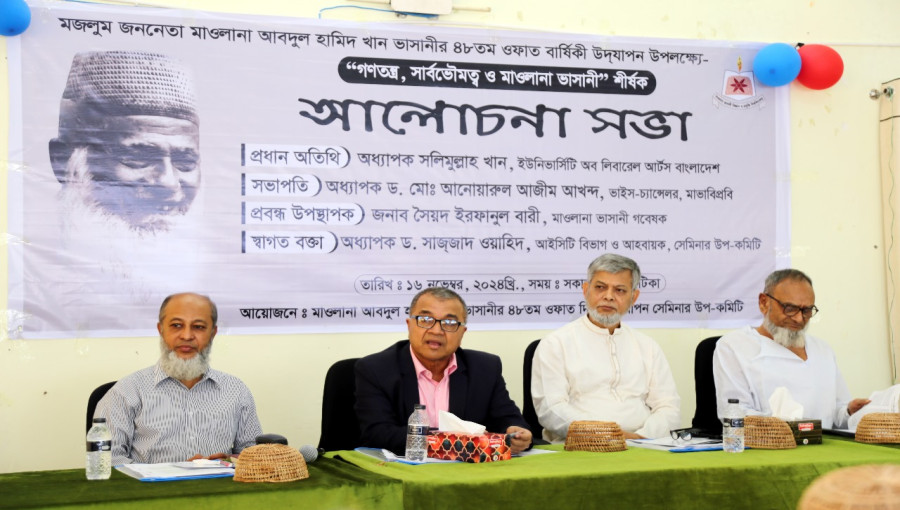
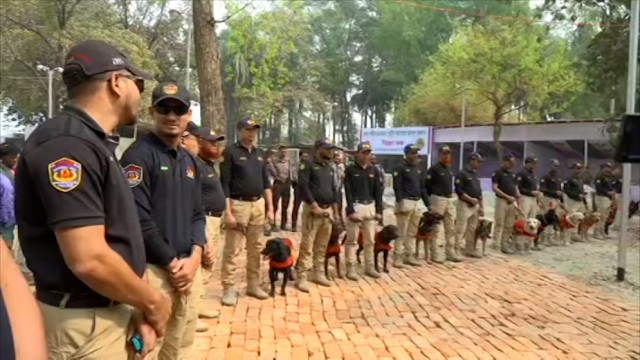

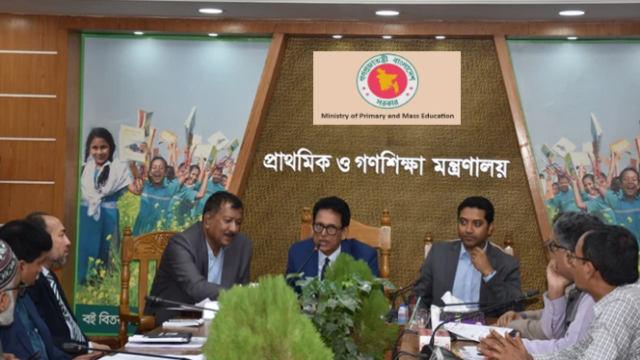
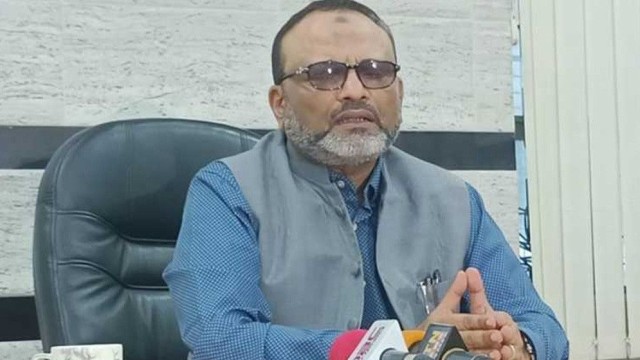
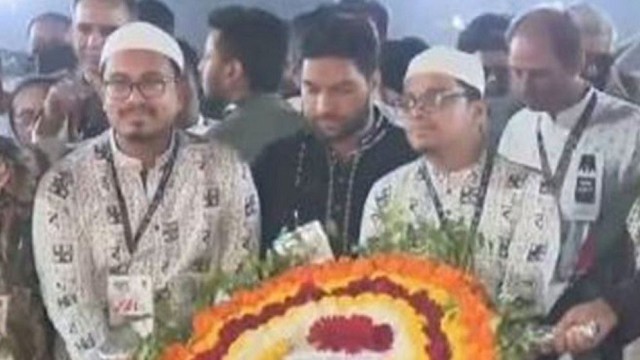



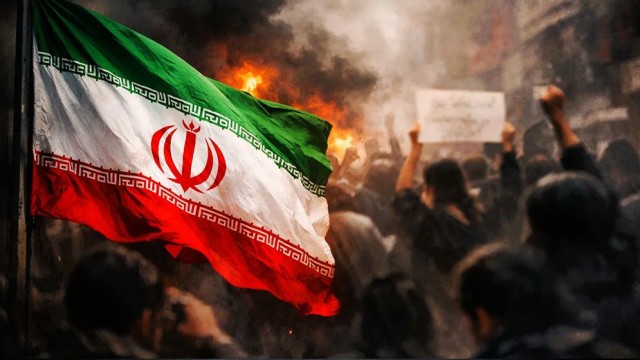
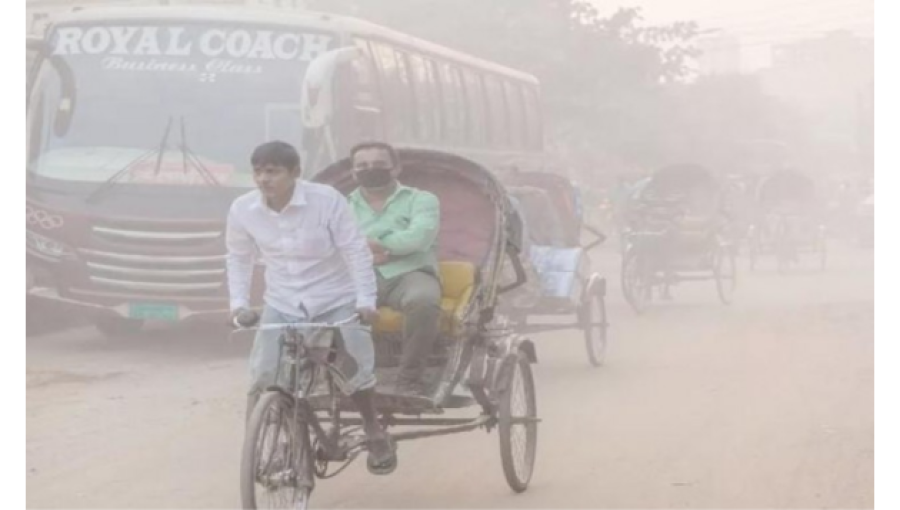
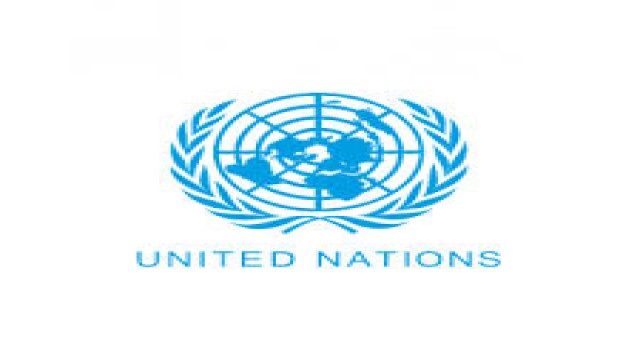
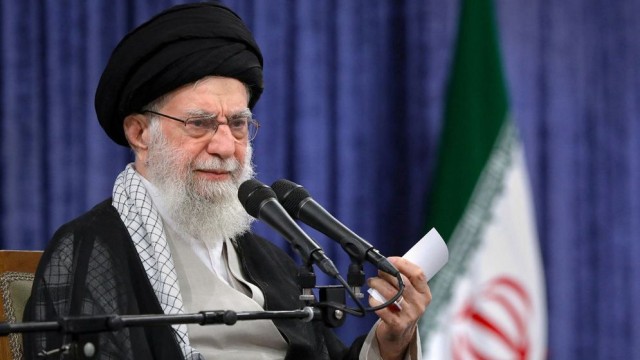

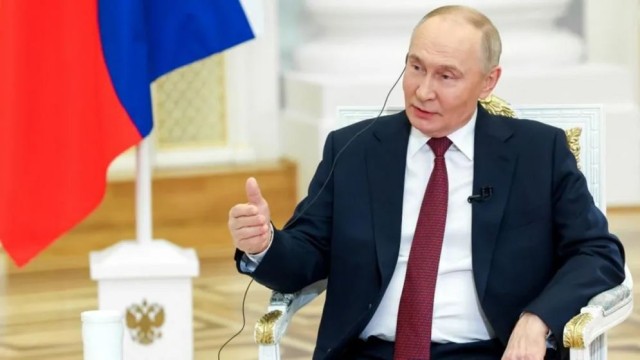
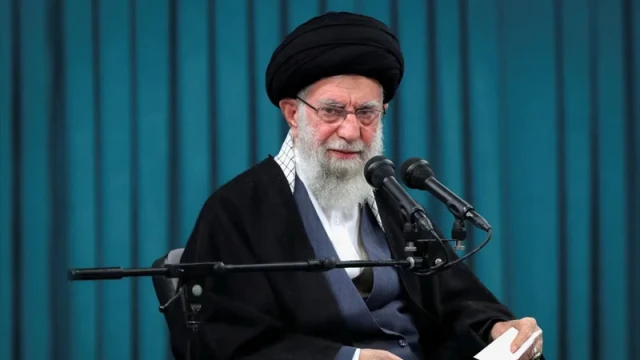
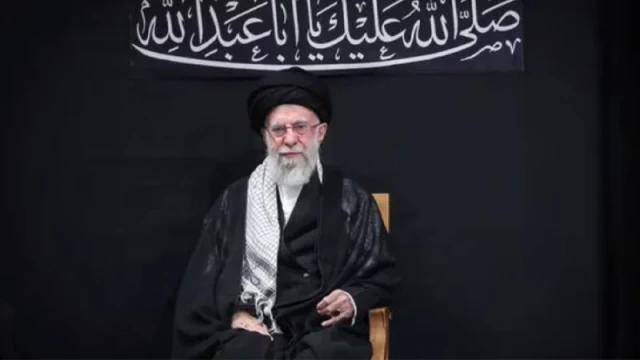


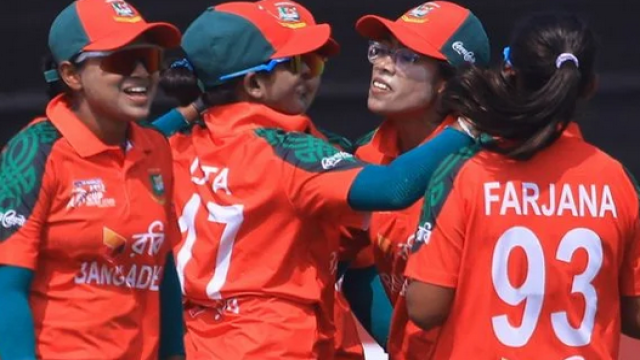







Comment: